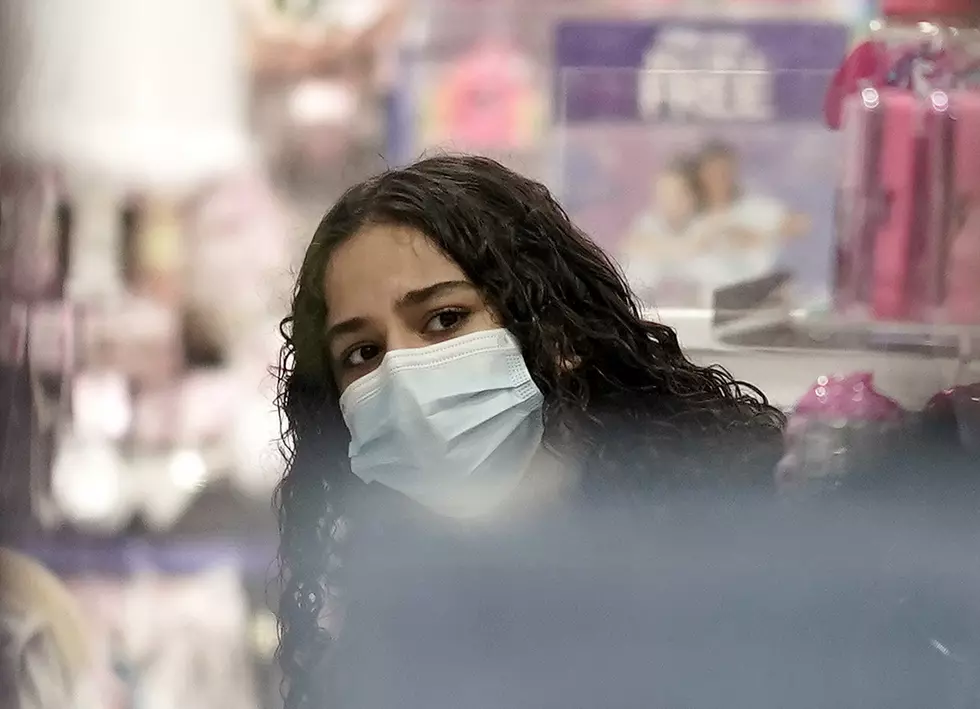
Over 300 Syracuse University Students Evacuating Italy Due To Coronavirus
The coronavirus has been confirmed in Florence, home to the Syracuse Abroad Florence center.
The coronavirus, now known as COVID-19, has sickened almost 300 people in Italy. They have locked down municipalities to protect the population, prompted restrictions on gatherings, the closed of the University of Florence, and a general evacuation of study abroad programs in that city.
Syracuse University has been in contact with students, faculty, and staff regarding prevention measures for this and any communicable virus. An open letter to the Syracuse University Community states:
"... we have decided to close the academic program at our Florence campus and assist our students with returning to the United States. Concerns for the safety, well-being, and free movement of the 342 students in our study abroad program in Florence, Italy, have guided this difficult decision, which was also informed by global health experts. We believe this is absolutely necessary to reduce the risk of our students being unable to leave Italy due to Italian containment efforts..."
Syracuse University is working directly with students to arrange their return to the United States. Many students will return to the main campus, but not until after spring break.

CDC officials say that Americans should prepare for disruptions to their daily lives, including school closings, office disruptions (working from home), delayed elective medical procedures, and more due to the warning that Americans should prepare for serious disruptions to their lives from the coronavirus here at home.
Dr. Nancy Messonnier, the head of Centers for Disease Control and Prevention’s National Center for Immunization and Respiratory Diseases, says.
“It’s not so much a question of if this will happen anymore, but rather more a question of exactly when this will happen and how many people in this country will have severe illness.”
There are currently no proven therapies for the virus, and a vaccine will take at least a year to develop.
More From 96.1 The Eagle









